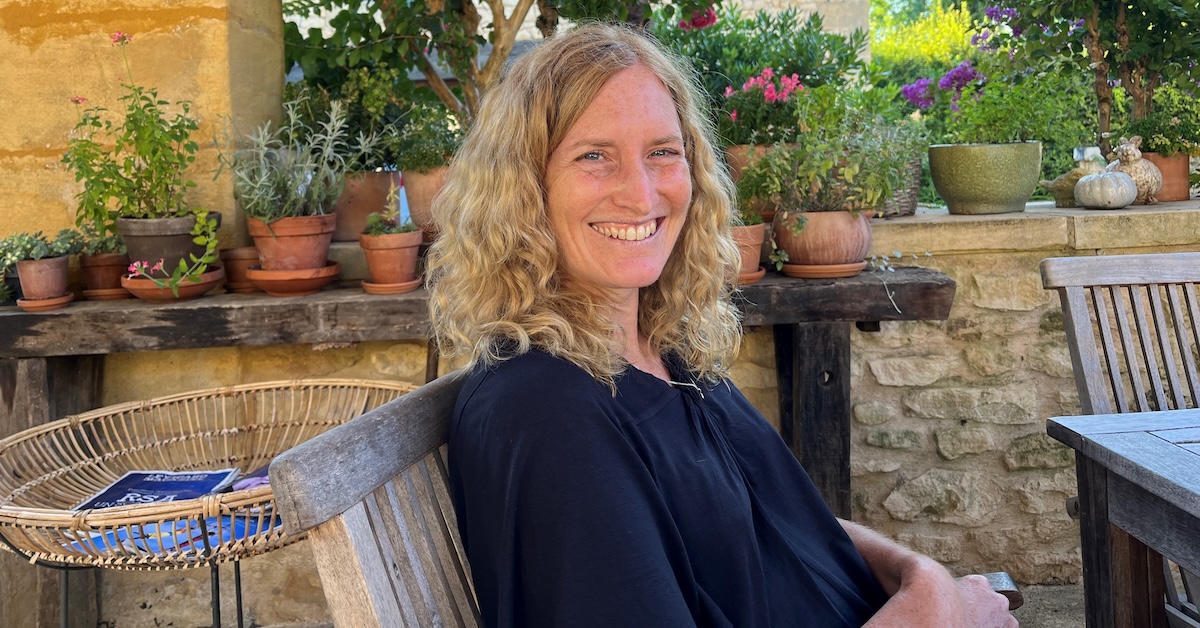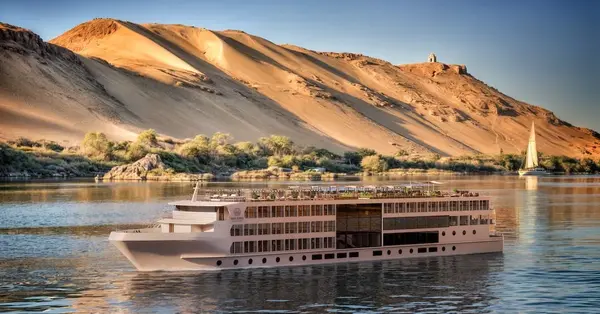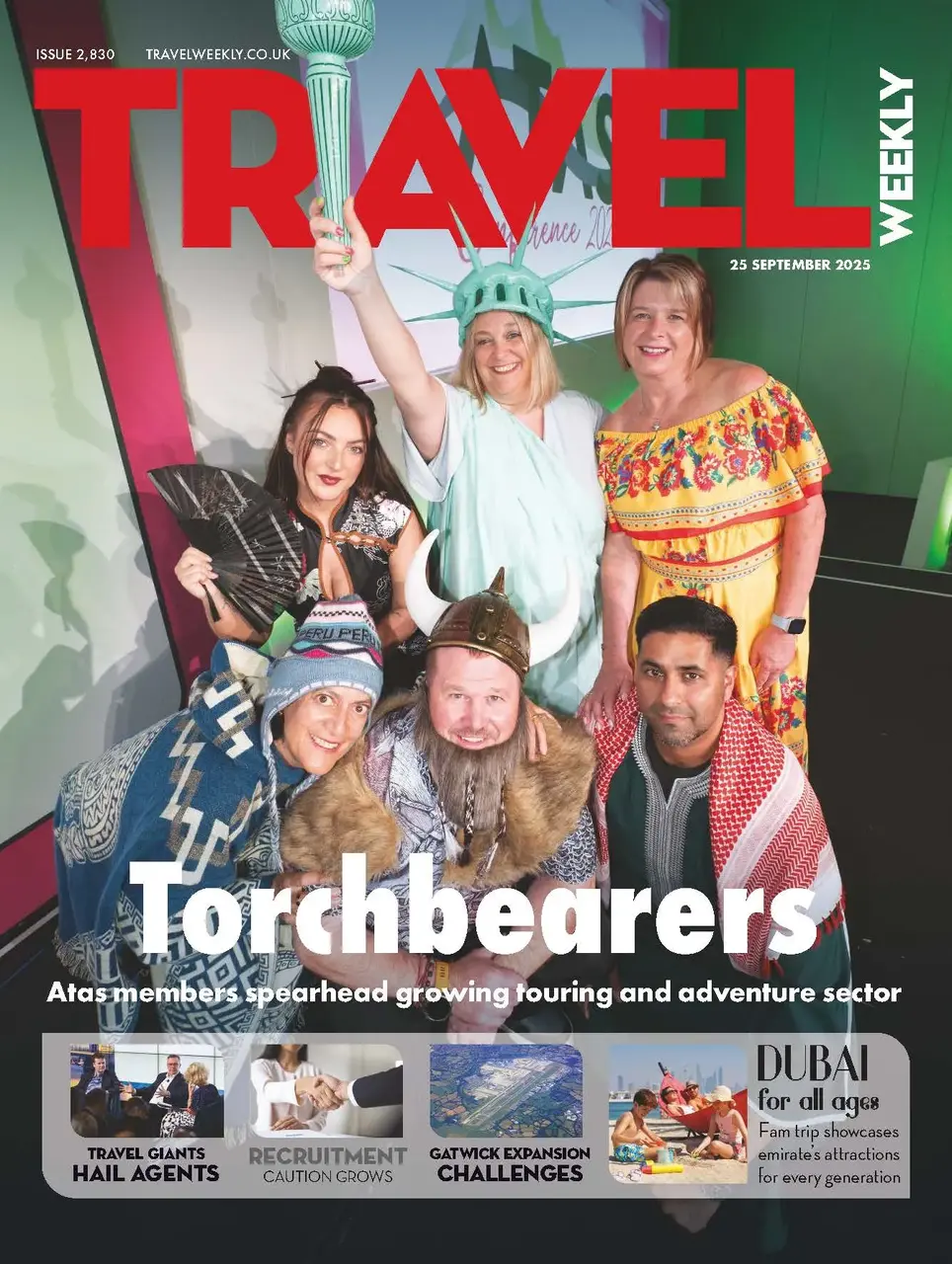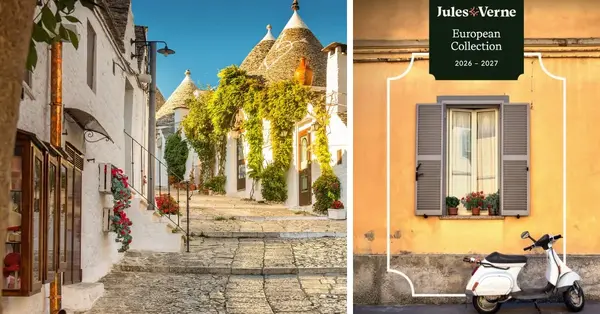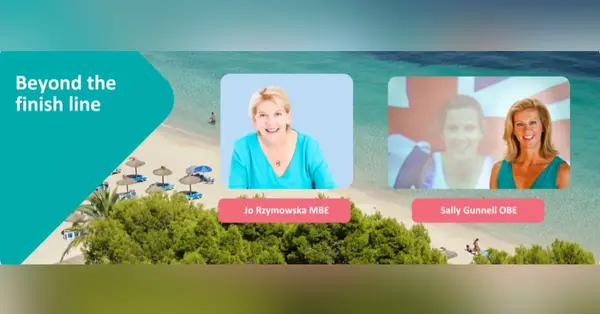Atas members outline importance of ‘purpose over profit’

Responsible and sustainable tourism accreditation schemes such as B Corp can help some suppliers with their businesses – but it doesn’t suit all companies, according to a panel at the Association of Touring and Adventure Suppliers (Atas) conference.
Bosses from AE Expeditions and Not In The Guidebooks outlined why B Corp certification has been important for them – while G Adventures’ Brian Young explained his company uses other ways to showcase its green credentials.
Katie Harber, AE Expeditions senior business development manager for the UK & Ireland, said the process to become B Corp certified took more than three years, and covered governance, communities, workers, customers and the environment.
“B Corp certified companies are putting purpose over profit. For us, it was really important to verify from a third party what we’re saying and doing,” she told delegates at ICC Wales.
“It is not just lip service, and B Corp is setting the highest standards when it comes to sustainability.”
Carol Savage, founder and chief executive of Not In The Guidebooks, added: “B Corp was about showing that we are doing what we are saying. We’re not green washing it.
“It was about telling independent travellers that you can have an amazing experience and connect with locals, and know that you’re doing good at the same time.
“And it was about providing information to travel agents because 95% of our businesses is with travel agents.”
Brian Young, G Adventures EMEA managing director, said B Corp provides a framework for businesses but added: “I don’t think it works for pioneers or entrepreneurs. We have been around for 35 years. We have an entrepreneurial owner, we need to do things our way.”
He said G Adventures uses a “ripple score” for each tour, to indicate how much money is retained within a local community.
It also plants a tree for each day of a client’s tour and creates social enterprise businesses, such as the Women on Wheels transfer service in India, as part of its commitment to community tourism.
It also showcases its community tourism each year at its GX Summits, which will have its 2025 edition in Jordan next week.
“We welcome data that proves that you are doing good, but we’ve had growth resilience for 35 years,” he said.
“We are a purpose-driven organisation [which is] a key driver to why we attract great talent.”
Savage highlighted how smaller companies such as Not In The Guidebooks do not have the ability to do some of the projects that G Adventures does, so B Corp gives her firm “structure and credibility”.
Harber noted if clients are comparing very similar tours, they may opt for the one with B Corp certification as “having that stamp there gives us the credibility”.
She said the certification, along with other initiatives such as having climate leaders on the cruise line’s ships, have helped boost the bottom line.
“A lot of our customers really do hold responsible, sustainable travel at the top of their list,” she noted.
AE Expeditions recently carried out its first biofuel trial on its ship Sylvia Earle, as part of its commitment to reduce greenhouse gas emissions.
The biofuel resulted in an estimated 90% reduction in fuel-related greenhouse gas emissions compared with conventional marine fuel.
“We are working away at ways that we can reduce our emissions [and] roll that out to the rest of our fleet,” she added.
“We have just also opened new museum in Greenland that we’ve helped rebuild with local communities.”
They were speaking on a panel moderated by Travel Weekly editor-in-chief Lucy Huxley.
You have viewed both of your 2 free articles this month as an unregistered user
To continue reading, please register with Travel Weekly free of charge, or if you have already registered click here to login

